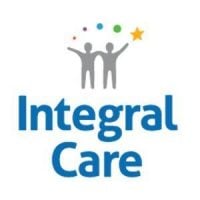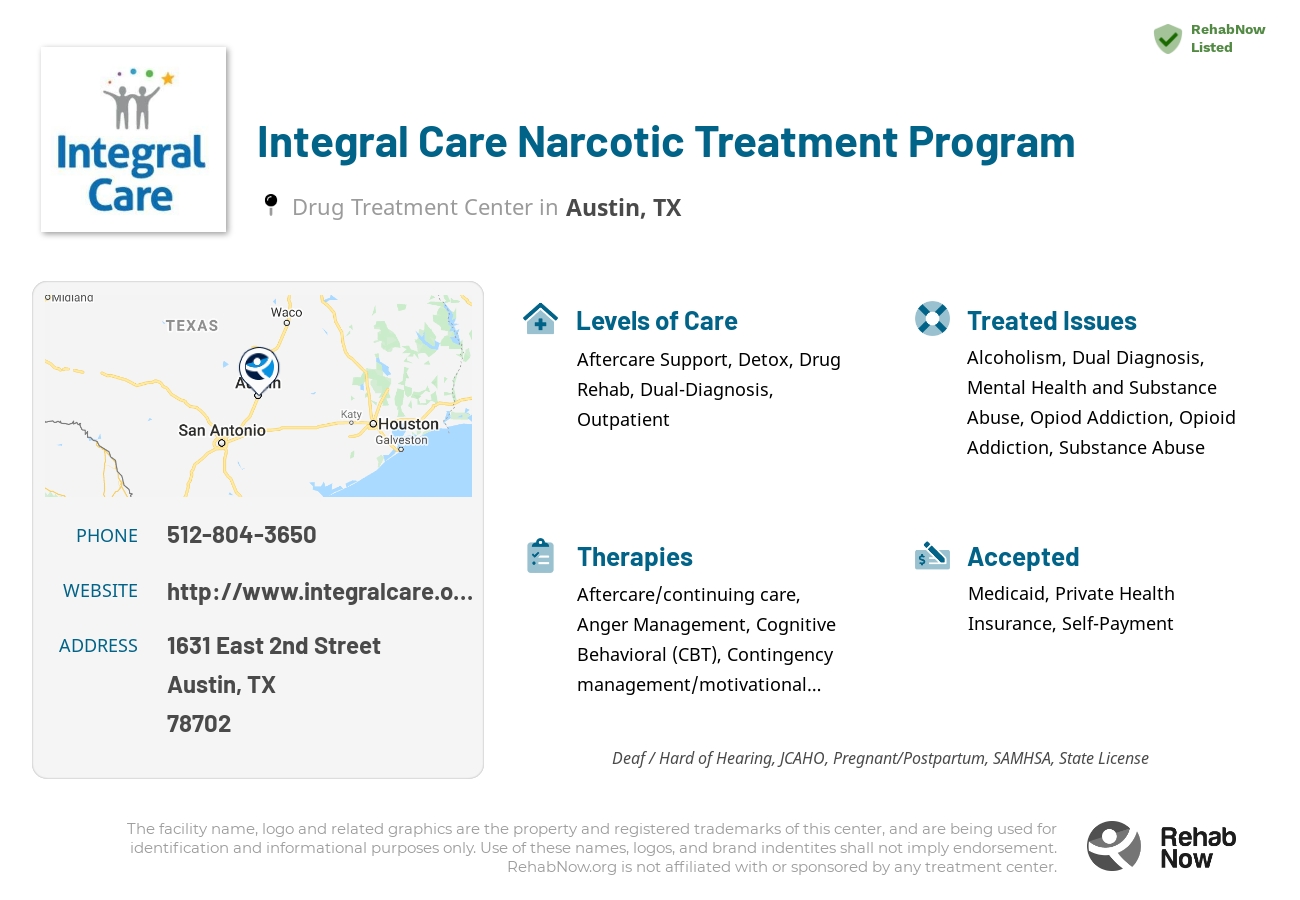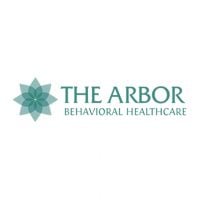Integral Care Narcotic Treatment Program
Drug Rehab Center in Austin, Texas
The Integral Care Narcotic Treatment Program in Austin, Texas provides comprehensive services for individuals looking to overcome addiction to narcotics, specializing in medication-assisted treatment and offering a variety of services such as assessments, counseling, and case management.
About This Texas Facility
Integral Care - Richard E. Hopkins Behavioral Health Building in Austin, Texas focuses on improving lives impacted by mental illness, substance abuse, and developmental disabilities. This non-profit rehab specializes in treating alcoholism, drug addiction, dual diagnosis, and opioid addiction.
- Comprehensive assessments identify individualized needs
- Medication-assisted treatment combines medications with counseling
- Experienced medical and mental health professionals provide care
- Inpatient and outpatient programs cater to different situations
Integral Care is accredited by the Joint Commission, SAMHSA, and holds a state license. Their mission emphasizes improving lives through compassionate, quality care.
This facility treats addictions to alcohol, drugs, opioids, and co-occurring mental health disorders. Treatment methods include medication management, individual and group counseling, relapse prevention education, and family counseling. Inpatient and outpatient programs offer different levels of care.
Genders
Ages
Modality
Additional
Accreditations
State License
SAMHSA

JCAHO
Conditions and Issues Treated
Rehab centers in Texas exist to help individuals bounce back from substance abuse. Drug addiction refers to the use of illegal drugs and improper use of prescription drugs. Substance abuse includes all problems that stem out from using psychoactive substances. Centers like Integral Care Narcotic Treatment Program are here to help.
Opioids are a set of drugs prescribed for pain relief. Opioid addiction for Texas residents refers to the compulsive seeking of opioids, even when they are not required medically. Treatment involves medication-assisted therapy in which medicines, counseling, and behavioral therapies are all utilized at Integral Care Narcotic Treatment Program.
A dual-diagnosis describes two medical issues that are happening at the same time. They may or may not be related. Over 50% of people with an addiction in Texas have another mental health condition. Screening for both addiction and any untreated mental health issue is essential, and individually managed by Integral Care Narcotic Treatment Program.
Levels of Care Offered at Integral Care Narcotic Treatment Program
This center offers a variety of custom treatment tailored to individual recovery. Currently available are Aftercare Support, Detox, Drug Rehab, Dual-Diagnosis, Outpatient, Residential, with additional therapies available as listed below.
An addict may have to go through alcohol or drug withdrawal. While detox may be uncomfortable, it is not life-threatening. Detoxification allows the addict to rid the body of all traces of drugs or alcohol and gives the addict a clean slate for their recovery. In an inpatient or outpatient setting, detox can be managed medically.
Residential treatment programs are those that offer housing and meals in addition to substance abuse treatment. Rehab facilities that offer residential treatment allow patients to focus solely on recovery, in an environment totally separate from their lives. Some rehab centers specialize in short-term residential treatment (a few days to a week or two), while others solely provide treatment on a long-term basis (several weeks to months). Some offer both, and tailor treatment to the patient’s individual requirements.
Aftercare support refers to the follow-up care provided after the initial rehab program. The quality of aftercare support plays an important role in preventing relapses and sustains recovery. Aftercare support at Integral Care Narcotic Treatment Program is personalized according to the needs of the patient in Texas.
Therapies & Programs
Individual therapy refers to one-on-one psychotherapy between a patient and their Integral Care Narcotic Treatment Program therapist. Individual therapy seeks to help identify the issues that drive and contribute to a client’s addiction or alcoholism. Another goal of individual counseling is to assist the client to learn how to manage their lives without alcohol or drugs.
Group therapy occurs in a group setting as opposed to a one on one setting. It benefits patients by providing a feeling of support and letting them know they are not alone. Patients at Integral Care Narcotic Treatment Program also learn to build trust and understanding and gain perspective through discussions.
After experiencing trauma, it’s crucial to look for a facility that can provide trauma therapy. This approach zeroes in on the traumatic incidents that a patient has encountered in the past, recent or not. It’s been widely known that trauma can make an individual resort to alcohol or other substances to mask their troubles and pain. Trauma can originate from domestic violence, sexual abuse, an early encounter with death, sexual assault, and many more. The goal of trauma therapy at Integral Care Narcotic Treatment Program in Austin, TX is to help the patient see beyond the trauma and move forward. Mental health professionals will facilitate the patient’s journey and see to it that he or she is no longer a victim of his or her traumatic experiences and has wholly regained his or her personal power.
DBT, also known as dialectical behavior therapy, is a form of cognitive behavioral therapy (CBT) that helps people understand how their thoughts, behaviors, and feelings all connect. This can give them more control over their actions, effectively stopping self-harm ideations and attempts in some patients. It can also help put people in control over some mental struggles, like borderline personality disorder.
Most individuals suffering from addiction have low self-awareness, so they end up making poor decisions. Cognitive Behavioral Therapy (CBT) is suitable for patients recovering from an addiction of any kind. Through it, patients become more aligned with their thoughts, emotions, and behaviors, giving them a better opportunity to respond appropriately to temptations and negative feelings.
This therapy modality at Integral Care Narcotic Treatment Program in Austin, TX strengthens a person’s ability to stay on top of their emotional state and learn new stress management techniques so they won’t give in to the temptations easily. Moreover, CBT helps people communicate and express their emotions well, which can be vital in relapse management. CBT is also suitable for managing co-occurring disorders like depression and bipolar illness.
Rational Emotive Behavior Therapy sees a person suffering from substance addiction to have illogical reasoning, counterproductive actions, and does not see things clearly. REBT at Integral Care Narcotic Treatment Program in Austin, TX deals with cognition, images, and behavior extensively to rectify the client’s bad habits. The process calls for practice, reiteration, and bolstering the new way of thinking being introduced to the patient.
When it comes to maintaining sobriety, people who quit recovery without developing life skills are disadvantaged. While teaching life skills at Integral Care Narcotic Treatment Program is difficult, support with aftercare helps patients learn these skills over time. Life skills include getting a career, living in a good environment, self-care, and finance management, all in Austin, TX.
Nutrition Therapy, or Medical Nutrition Therapy (MNT), focuses on improving a patient’s mental and physical health through diet. A diet that is low in certain nutrients can lead to emotions that can trigger addiction or relapse. Integral Care Narcotic Treatment Program‘s Nutritional therapy promotes healthy eating to heal the body and prevent addictive behavior.
Patient Experience
Fitness Therapy
Recovery from addiction involves recovering the body and mind. Addiction can damage your health in many ways. Learning how to take care of yourself includes physical fitness. Exercise can release feel good chemicals and can further contribute to positive self-esteem. Self-discipline can be practiced through an exercise regimen as you learn how to take care of yourself. Studies have shown that exercise increases abstinence rates, ease withdrawal symptoms and improve depressive symptoms for those in Austin, TX.
Payment Options Accepted
For specific insurance or payment methods please contact us.
Is your insurance accepted?
Ask an expert, call (888) 674-0062
Integral Care Associated Centers
Discover treatment facilities under the same provider.
- Travis County Mental Health - Detoxification in Austin, TX
- Integral Care Narcotic Treatment Program in Austin, TX
Learn More About Integral Care Centers
Additional Details
Specifics, location, and helpful extra information.
Austin, Texas 78702 Phone Number(512) 804-3650 Meta DetailsUpdated April 15, 2024
Staff Verified
What else do people call Integral Care Narcotic Treatment Program?
People have occasionally also searched for “Integral Care Narcotic Treatment Program in Texas”
Patient Reviews
There are no reviews yet. Be the first one to write one.
Austin, Texas Addiction Information
Texas is one of the primary hubs for drug smuggling into the country. The border between Texas and Mexico is more than 1,000 miles long. More than 10 million residents use alcohol every year and more than 25% of those are minors. Alcohol and drug use has become so common in Texas that almost 15% of all deaths can be attributed to these substances.
Austin, Texas, has a drug addiction problem that is sadly serious. According to recent statistics, half of the state's overdose deaths occurred in the city of Austin. This means that, on average, there are about 2.5 drug overdose deaths in Austin each day. There are also many sober support groups in Austin to help you stay on track and focus on your recovery goals.
Treatment in Nearby Cities
- McKinney, TX (213.2 mi.)
- Nacogdoches, TX (204.6 mi.)
- Bedford, TX (182.1 mi.)
- Liberty, TX (175.9 mi.)
- Jersey Village, TX (132.1 mi.)
Centers near Integral Care Narcotic Treatment Program
The facility name, logo and brand are the property and registered trademarks of Integral Care Narcotic Treatment Program, and are being used for identification and informational purposes only. Use of these names, logos and brands shall not imply endorsement. RehabNow.org is not affiliated with or sponsored by Integral Care Narcotic Treatment Program.













